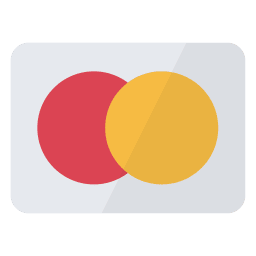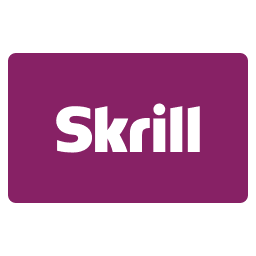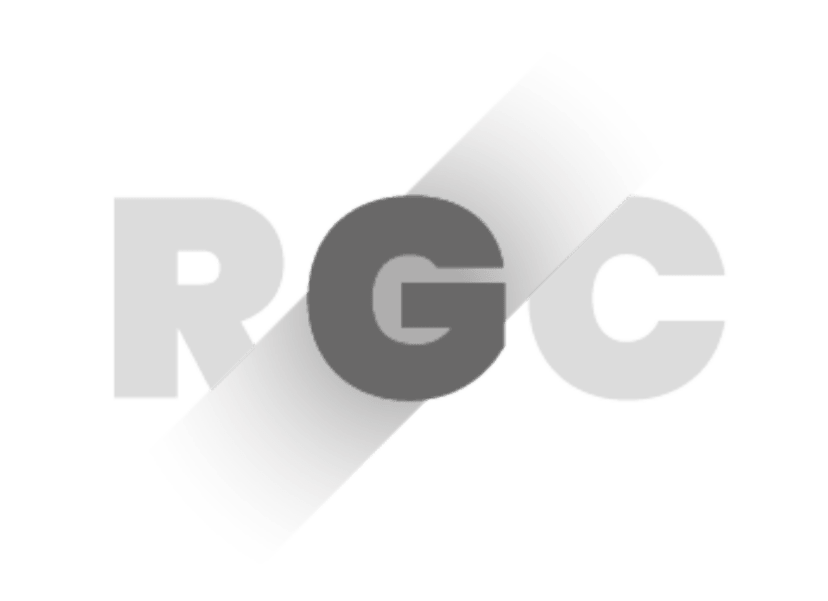How Online Casinos Ensure Fairness and Security

If you're new to online casinos, it's completely understandable to have some concerns about security.
The good news is that Canadian online gambling sites take security very seriously, implementing robust measures to protect your personal and financial information from unauthorized access. In recent years, they've adopted the latest technologies to safeguard customer data, with many extra precautions in place for your deposits and funds.
In this guide, we'll explore the security technologies Canadian betting platforms use to keep you safe, and what you can do to enhance your own security.
How Secure Are Online Casinos for Canadians?
When you're looking to join an online casino in Canada, security should absolutely be your top priority. Reputable platforms implement multiple layers of protection to ensure your data, funds, and overall gaming experience are safe from online threats. Here are the key measures Canadian online casinos are using to guarantee fairness and security in 2025.
Your Data Protection: Encryption Explained
To keep your personal and financial details safe, most Canadian online casinos use advanced SSL (Secure Socket Layer) encryption technology. Think of it like a secure tunnel: sensitive data, like your login details and payment information, is securely transferred between the casino's servers and your device. This makes it extremely difficult for anyone to intercept and read it.
Beyond SSL, some modern casinos are also exploring quantum encryption. This is an emerging security tech that promises even greater protection against future cyber threats.
Safe Ways to Pay: Secure Payment Methods in Canada
Trusted online casinos in Canada partner only with well-known and secure payment providers for all transactions. You'll typically find these options:
- Credit/Debit Cards (Visa, Mastercard)
- E-wallets (Interac, MuchBetter, ecoPayz, Skrill, Neteller)
- Cryptocurrencies (Bitcoin, Ethereum)
For added security, many casinos now offer two-factor authentication (2FA) and use AI-powered fraud detection systems to monitor for suspicious activity in real-time, ensuring your transactions are safe.
Playing It Safe: The KYC Process in Canada
To prevent fraud and ensure responsible gambling, Canadian online casinos require players to complete a Know Your Customer (KYC) verification. This step confirms your identity, helps prevent underage gambling, and contributes to a secure and compliant gaming environment.
The verification process usually involves submitting documents like proof of ID and address. This is a standard procedure in the Canadian online casino industry.
- Government-issued ID (Passport, Driver’s License, National ID)
- Utility Bill (Proof of residence, no older than 3 months)
- Bank Statement (Verifying ownership of payment method)
While this process might seem time-consuming, it is crucial for protecting both players and casinos from fraudulent activities, including identity theft and money laundering.
Anti-Fraud & Cheating Prevention Measures
Online casinos employ sophisticated fraud detection systems to monitor player behavior and detect suspicious activities. These security systems include:
- IP Address Tracking – Detects and blocks unauthorized logins from different locations.
- Device Fingerprinting – Identifies unique device characteristics to prevent multiple account fraud.
- AI-Powered Behavioral Monitoring – Detects unusual betting patterns or rapid withdrawals indicative of fraud.
If any irregularities are flagged, the casino may freeze funds or temporarily suspend an account until verification is completed.
Player Protection Policies & Responsible Gambling Measures
Legitimate casinos follow strict player protection policies designed to promote responsible gambling and ensure a fair gaming environment. These policies include:
- Deposit & Loss Limits – Allows players to set spending restrictions to avoid overspending.
- Self-Exclusion Programs – Tools like GAMSTOP let players voluntarily block access to gambling sites for a set period.
- Fair Play Certifications – Independent agencies like eCOGRA and iTech Labs audit games to ensure they are fair and not manipulated.
Additionally, casinos must comply with global gambling regulations, ensuring transparency, fair gaming, and data protection laws to maintain their licenses.
By choosing a casino with robust security policies, verified licensing, and strong encryption standards, players can enjoy a safe and fair gambling experience.
Fairness of Online Casino Games
Online casino games, as you may know, are developed to be safe and fair for all players. For assurance, there are a few measures taken:
- Random Number Generators (RNGs): RNGs are technologies for generating random numbers, which are associated with casino games, so the final outcome will always be random.
- Third-Party Auditing: The RNGs are tested by third-party auditing, which is licensed to test different casino technologies.
- Game Provider Licensing and Regulation: Game providers are the reason why you can play that many games. But, to ensure every game is fair, those providers pass different regulations and have to get licensed in order to develop casino games.
- Fair Play Policies and Standards: Another thing to ensure fairness in online casinos is policies and standards. Casinos usually have certain standards for max and min bets, and payout terms, which also help you lower the risks of irresponsible gambling.
Online Casino Licensing and Regulation
Before an online casino can legally offer gambling services, it must obtain a valid license from a recognized regulatory authority. These organizations enforce strict rules to ensure fairness, security, and responsible gambling practices. Some of the most reputable licensing bodies include:
- Malta Gaming Authority (MGA) – A globally respected regulator known for its high standards and strict player protection policies.
- UK Gambling Commission (UKGC) – Oversees gambling operations in the UK, ensuring casinos operate transparently and fairly.
- Gibraltar Gambling Commission – Regulates online casinos catering to international markets, focusing on financial security and game integrity.
How Do Casinos Get Licensed?
For a casino to be certified by one of these authorities, it must undergo a rigorous approval process, which includes:
- Financial Stability Checks – Ensuring the casino has the necessary funds to cover player winnings.
- Game Fairness Audits – Independent agencies like eCOGRA and iTech Labs test the casino’s Random Number Generator (RNG) software to guarantee fair play.
- Security & Anti-Fraud Measures – Casinos must implement encryption, fraud prevention, and responsible gambling tools before they are approved.
Only casinos that meet strict compliance requirements are awarded a license, giving players confidence that they are gambling on a secure and fair gaming platform.
Conclusion
As you know from this article, online casino sites put a lot of effort into taking the needed measures to protect both you and your personal information.
You can be sure that if the online casino has a license, it also has fair games, which are based on RNGs that put a guarantee on random outcomes every time you play.
The world of online gambling is constantly evolving, so you can be more than calm that your personal data and payment details are kept private. Unfortunately, not all casinos are established to be equally fair, so you should know what technologies and protection policies a casino uses to be safe enough for you.
FAQ
How are casino games tested for fairness in Canada?
Casino games in Canada undergo strict testing to ensure fairness and compliance with provincial regulations. These games rely on Random Number Generator (RNG) technology to produce unbiased results. Independent auditing firms like eCOGRA, iTech Labs, and GLI (Gaming Laboratories International) test and certify these RNGs to meet Canadian legal and industry standards, preventing any manipulation or bias. These certifications are crucial for maintaining player trust and ensuring a fair gaming environment.
How do Canadian online casinos protect themselves from fraud?
Online casinos in Canada implement robust security measures to protect against fraud and scams. These include KYC (Know Your Customer) verification to confirm player identities, advanced data encryption (like SSL) to safeguard personal and financial information, and sophisticated fraud detection systems that often use AI to monitor player activity. Secure payment processing and multi-factor authentication (MFA) are also standard practices to prevent unauthorized access and financial fraud, ensuring a safe gaming environment for all players.
Why is casino security so important for Canadian players?
Casino security is paramount to ensure a safe and fair gambling experience for Canadian players. Without proper security protocols, players are vulnerable to scams, data breaches, and fraudulent activities. To protect yourself, always choose a licensed and regulated casino that employs SSL encryption, trusted payment providers, and responsible gaming policies. Look for casinos regulated by provincial authorities like the Alcohol and Gaming Commission of Ontario (AGCO) or similar bodies in other provinces.
Do online casinos in Canada offer fair games?
Yes, reputable online casinos in Canada provide fair games that undergo regular testing by independent organizations. These casinos utilize certified RNG software to guarantee that every spin, card draw, or dice roll is entirely random and unbiased. To verify a casino’s fairness, check for third-party certifications (like eCOGRA) and licensing information in the casino’s Terms & Conditions (T&Cs) or audit reports, typically found on their website.
Is it possible for online casinos in Canada to manipulate game outcomes?
Licensed and regulated casinos in Canada are strictly prohibited from manipulating game outcomes. They are subject to routine audits by third-party organizations to ensure fairness and compliance. However, unlicensed or rogue casinos may engage in unfair practices. To avoid potential scams, always play at verified, regulated online casinos with transparent policies, clear licensing information, and publicly available game certifications. Look for casinos licensed by provincial regulatory bodies.

























